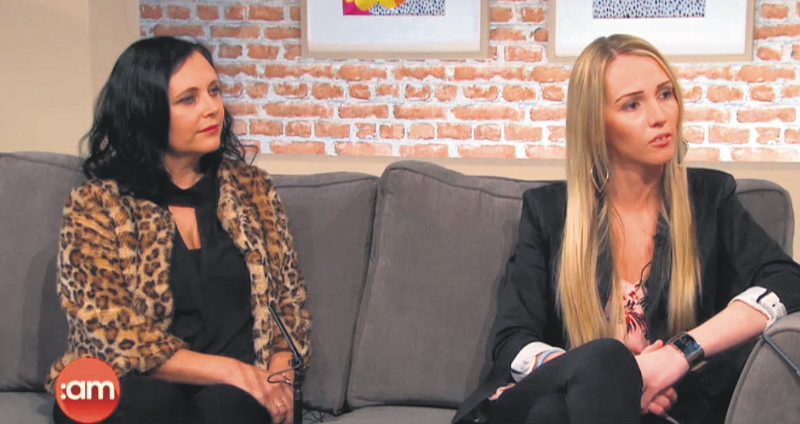A NORTHSIDER who volunteers with a suicide prevention group has spoken about her own struggles with grief and mental health in an effort to help others to “believe in themselves” and seek out help.
Angie McEvoy was just 11 when her aunt, who she was extremely close to, passed away. Months after the death, Angie began constantly vomiting and experiencing pain.
The mystery illness would often get so bad that she would spend at least three days vomiting and would be confined to her bed.
“At night I would pray that I would die because I didn’t want to go through another day of being so sick,” the Finglas native said.
After 10 years of being sick and countless appointments and referrals, a doctor in the Mater Hospital concluded that bottling up grief has physically affected Angie.
“When my auntie died I never cried because I didn’t want to upset anyone else,” she recalled. “I never grieved.”
When Angie discovered what was wrong, she felt relieved because she finally had answers for her condition.
The 26-year-old now hopes to raise awareness, and a recent post on the popular Humans of Dublin website helped spread the word.
TV and radio appearances soon followed and Angie was surprised by the amount of attention her story attracted.
“I didn’t realise that so many people would relate to it,” she says.
“The only reason I’m doing this, is because I hope it helps the poor teenager in their bedroom, wishing they were dead.
“If people see that I’ve got through it after 10 years, it might give them hope.”
And what would Angie tell people who are going through what she went through, struggling with their mental health or feeling suicidal?
“I would tell them to work on getting better, to believe in themselves and to believe that their lives are worth something,” she advises.
Angie describes recovery from mental health issues as not being as simple as going to the doctors and solving the problem with tablets.
“About 90 per cent of the recovery is up to you,” Angie says.
Angie went through 12 sessions of Cognitive Behaviour Therapy (CBT) to change the damaging mindset she’d built up over the years. Initially it was a big challenge, but she knew it was her last hope.
She has received many messages of support since sharing her story, but also many messages looking for support.
Angie talks about one girl who told her she makes herself get sick before taking a new profile picture.
“I’m getting messages from so many people, especially teenagers. They’re looking to others for acceptance but the acceptance has to come from you.”
Angie now volunteers with the Andy Morgan Foundation for Suicide Prevention and Mental Health Awareness and believes there’s still a stigma around suicide in Ireland.
“We’ve come a long way in the last two years, but we’ve still a long way to go,” she says.
One of the Andy Morgan Foundation’s recent achievements was the setting up ‘buddy benches’ in local primary schools, where children who want to talk or are looking to play with other friends can sit down.
“If there’d been a buddy bench that I’d have sat down at when I was younger and talked to a teacher, then maybe someone would’ve figured out what was wrong,” she adds.
Angie said she doesn’t regret what happened to her, and for good reason.
“It made me the person I am today.”
Róisín Nestor
